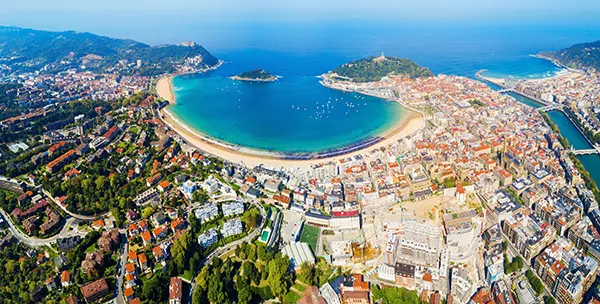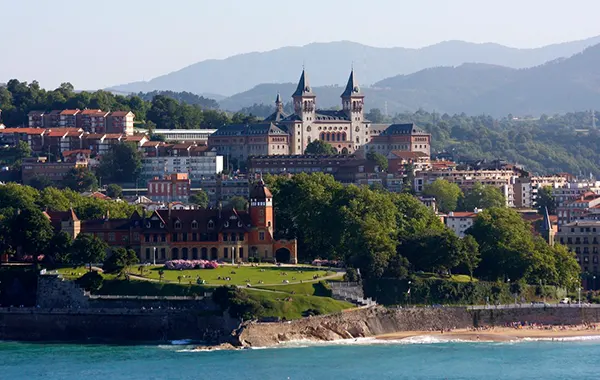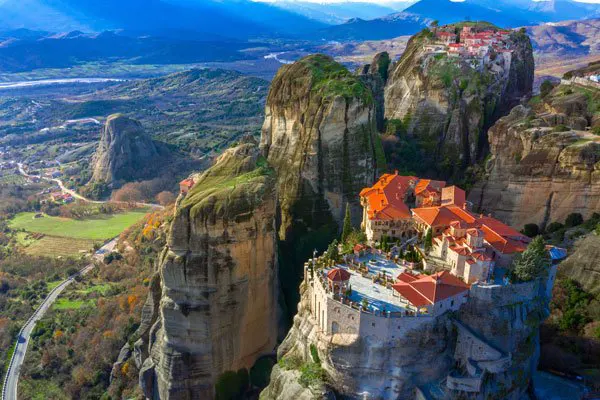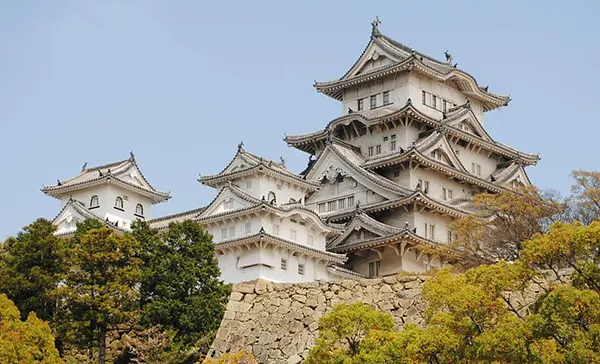
San Sebastián, Spain — The Gastronomic Capital of Europe on the Bay of Biscay
San Sebastián, also known as Donostia in the Basque language, is one of Europe’s most distinguished culinary destinations. Nestled on the northern coast of Spain along the Bay of Biscay, the city blends stunning natural scenery with a world-renowned food culture. Its reputation as a hub of gastronomy has been shaped over decades, attracting food lovers, chefs, and cultural enthusiasts from around the globe. In 2025, San Sebastián continues to stand as a leading symbol of European culinary excellence.
The City’s Culinary Reputation
San Sebastián holds one of the highest concentrations of Michelin-starred restaurants per capita in the world, making it a global benchmark for fine dining. Prestigious establishments such as Arzak, Akelarre, and Martín Berasategui continue to set the standards in innovation and excellence. Beyond the Michelin scene, the city has become synonymous with creativity in the kitchen, blending Basque traditions with modern techniques.
This reputation has been cemented by its chefs’ dedication to seasonal produce, locally sourced seafood, and artisanal products that highlight the richness of the Basque Country. With markets like La Bretxa offering fresh ingredients daily, the city thrives on a direct link between producers and chefs, ensuring authenticity and freshness in every dish.
Recognition on a global stage, including international culinary awards and academic research on Basque gastronomy, reinforces San Sebastián’s authority as a gastronomic capital. The city has transformed food from a simple necessity into a cultural art form that defines its identity.
Michelin Stars and Fine Dining
Restaurants such as Arzak and Akelarre have been pioneers in elevating Basque cuisine to international acclaim. Juan Mari Arzak, considered one of the founders of New Basque Cuisine, has influenced generations of chefs, while Pedro Subijana’s Akelarre showcases avant-garde dishes paired with breathtaking views of the Bay of Biscay.
Martín Berasategui, another iconic figure, continues to lead with the most Michelin stars of any Spanish chef, reflecting San Sebastián’s unrivalled role in shaping fine dining culture. These establishments emphasise not only flavour but also presentation, innovation, and the storytelling of Basque traditions on the plate.
In 2025, the city’s gastronomic scene reflects a careful balance between heritage and modernity, making it an essential destination for culinary exploration at the highest level.
Pintxos Culture and Local Traditions
While fine dining garners much international attention, San Sebastián’s soul lies in its pintxos culture. These small, flavour-packed bites served in the city’s traditional bars are a vital part of daily life. Locals and visitors alike enjoy hopping from one bar to another in the Old Town, sampling everything from anchovy skewers to foie gras with caramelised apple.
This tradition has roots in Basque social culture, where food is an expression of community and conviviality. The informal atmosphere of pintxos bars encourages interaction, creating a vibrant environment that contrasts with the formality of haute cuisine.
Over time, pintxos have evolved from simple bites to sophisticated mini-creations, with chefs competing for originality and presentation. Despite their growing complexity, the essence remains unchanged: sharing food and conversation in a lively, welcoming space.
The Best Areas for Pintxos
The Old Town, known as Parte Vieja, is the most famous area for pintxos, with streets such as Calle Fermín Calbetón and 31 de Agosto filled with historic bars. Each establishment often specialises in a particular pintxo, encouraging visitors to sample a wide variety across multiple stops.
Beyond the Old Town, neighbourhoods like Gros and Centro have developed their own distinctive pintxos culture, offering both traditional and contemporary interpretations. This expansion reflects the adaptability of Basque cuisine and its ability to remain relevant across generations.
Guided tours and food festivals further highlight pintxos culture, making it not just a local tradition but also a celebrated attraction for culinary tourism. In 2025, pintxos remain a defining element of San Sebastián’s cultural identity.

San Sebastián as a Culinary Destination
Beyond restaurants and bars, the city has established itself as an educational and cultural hub for gastronomy. The Basque Culinary Center, one of the world’s leading culinary institutions, is based here, training future chefs and advancing food research. It solidifies the city’s position as not only a place to eat but also a centre for culinary thought and innovation.
Food festivals such as Gastronomika attract international audiences, featuring talks, workshops, and tastings led by top chefs. These events underline the city’s influence in shaping global culinary trends and provide a stage for showcasing Basque creativity on an international level.
For travellers, San Sebastián offers more than just meals. Its beaches, such as La Concha and Zurriola, provide a scenic backdrop to its culinary landscape, while its cultural festivals and vibrant nightlife create a holistic travel experience. This unique blend of gastronomy, culture, and natural beauty strengthens its role as Europe’s gastronomic capital.
The Role of Sustainability
In 2025, sustainability has become a crucial theme in San Sebastián’s food culture. Restaurants and institutions increasingly focus on reducing food waste, sourcing seasonal produce, and supporting small-scale farmers and fishermen. These practices ensure that the city’s gastronomy remains environmentally conscious and resilient.
Educational programmes led by the Basque Culinary Center and local organisations emphasise the importance of ecological awareness. By promoting sustainable fishing, organic farming, and renewable energy in the hospitality sector, San Sebastián continues to adapt to modern challenges.
This focus on sustainability not only enhances the city’s reputation but also ensures that future generations will inherit a thriving culinary landscape. As such, San Sebastián remains at the forefront of global conversations on gastronomy and responsibility.
Popular articles
-
 Meteora, Greece: Monasteries, Dress Code and a One-Day Route
Meteora, Greece: Monasteries, Dress Code and a One-Day RouteMeteora is one of the most extraordinary cultural landscapes in …
-
 Valley of the Kings (Luxor): Which Tombs to Choose and How Tickets Wor...
Valley of the Kings (Luxor): Which Tombs to Choose and How Tickets Wor...The Valley of the Kings is not a place you …
-
 Himeji Castle (Japan): the country’s best-preserved samurai fortress
Himeji Castle (Japan): the country’s best-preserved samurai fortressHimeji Castle, known as Himeji-jō, is the rare Japanese stronghold …
